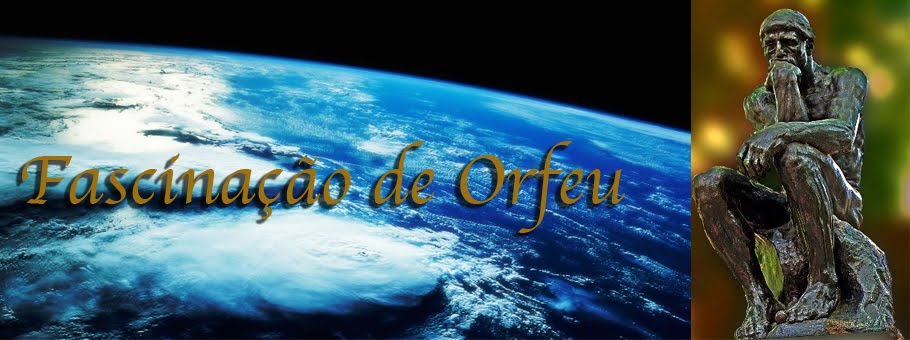12/05/2013
Humanity
entered the 21th century with a colossal problem created by its own ingenuity:
will nature, as we know it, cope with the climate change caused by global
warming? Of course that is in no way an altruistic enquiring, for our existence,
although sometimes we forget it, depends uniquely on our intricate relationship
with nature. We not only depend on nature, we are also part of it, so when
self-perseveration is thought of, it is primordial to first recognize the
importance of maintaining our environment as it is fit to our survival.
Human kind
didn’t evolve on its own in to Homo
sapiens, we coevoluted with nature [1], and that is the key aspect to why
preserving nature is the first step to preserve our own species. Lovelock [2] created
a fascinating theory called “the Gaia hypothesis” based on the analysis of Earth’s
atmosphere. He proposes that the atmosphere is a component part of the
biosphere rather than a mere environment for life, otherwise stated, life
maintains the environment so as to it provides to the living’s necessities. Therefore,
if nature is destroyed so will be the environment we are able to live in.
Coevolution
is such a delicate issue that even pathogens may be important in living a
healthy life. Some studies [3,4] suggest that viral infections early in life
may have a role in preventing allergies further on. Gravity is another essential
factor to us and it became an important issue in the space exploration age.
Without gravity we immediately start losing muscle [5], bone density [6] and
even our immune system starts decaying [7]. We were literally made to live in
the environment we live in, and global scale changes are a big threat to us.
When the
nations’ representatives discuss protocols that can limit the impact of green
house gases, a common counterargument of implementing them is the impact that
it will cause in the economy. What they
fail to see is although we could hardly destroy nature per se –because life has
a high resilience and will probably reorganize itself in another livable
biosphere; we can change our environment so that it will no longer support us. The
recently premiered movie “After Earth” goes beyond the idea of nature not
supporting us, in the movie nature actually rejects humans. The plot discusses
that because we weren’t able to keep an ecological balance, Earth evolved to
eliminate us.
It is
impossible to discuss humanity without discussing nature as a whole: there is
no place we can live other than Earth simply because we evolved with her; and
we are only alive now because Gaia provides the appropriate conditions for it. Our
importance, therefore, is only relevant after our Mothers will. We live inside
and are sustained by her womb.
1- Levin, A.
S. Ecosystems and the Biosphere as Complex Adaptive Systems. USA, 1998.
Ecosystems (1998) 1: 431-436. Available in: http://link.springer.com/content/pdf/10.1007%2Fs100219900037.pdf
2-
Lovelock, J. E. Lynn M. Atmospheric homeostasis by and for the biosphere: the
gaia hypothesis. USA, 1973. Tellus XXVI (1974) 1-2: 2-10.
3-
Martinez, F. and D. Role of viral infections in the inception of
asthma and allergies during childhood: could they be protective? USA, 1994.
Thorax 1994 49: 1189-1191.
Available
in: http://thorax.bmj.com/content/49/12/1189.full.pdf
4- Xepapadaki
P. and Papadopoulos N. G. Viral infections and allergies. Greece, 2007. Immunobiology
212 (2007) 453–459.
5- Fitts, R. H.; Riley, D. R. and Widrick J. J. Functional and
structural adaptations of skeletal muscle to microgravity. USA, 2001. The
Journal of Experimental Biology [On-line].
Available in: http://jeb.biologists.org/content/204/18/3201.full
6- Holick,
M. F. Microgravity-induced bone loss—will it limit human space exploration? USA,
2000. The Lancet, Volume 355, Issue 9215, 6 May 2000: 1569–1570.
7- Sonnenfeld,
G. The immune system in space and microgravity. Med. Sci. Sports Exerc., Vol.
34, No. 12, pp. 2021–2027, 2002.
